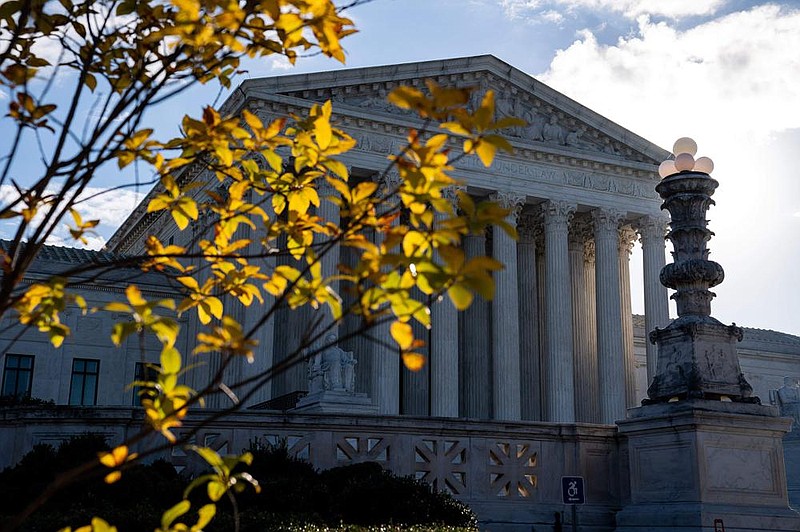WASHINGTON -- A skeptical Supreme Court on Monday reacted with frustration and some confusion to President Donald Trump's plan to exclude migrants living in the country illegally from the calculations used to allocate seats in the House.
While there was some discussion about whether the plan was lawful, the more immediate questions for the justices were where the administration stood in its efforts to identify and count these immigrants and what role the court should play if substantial numbers were not identified.
But if the Census Bureau cannot provide Trump with specific information about a large enough number of migrants without legal status in the coming weeks, he will not be able to exclude enough of them from the reapportionment to change the way House seats are allocated. That would leave the justices without a concrete dispute to decide.
"The situation is fairly fluid," Jeffrey Wall, the acting U.S. solicitor general, told the justices, conceding that the Census Bureau may not be able to supply Trump with much data on immigrants in the country illegally. "There is a real prospect that the numbers will not affect the apportionment," he said.
Justice Samuel Alito said that put the court in an odd position.
"I find the posture of this case quite frustrating," he said. "It could be that this is much ado about very little."
The Commerce Department is required to supply census information to the president by the end of the year, but it may not be able to meet that deadline. Wall indicated that the Census Bureau had good data on the tens of thousands of people held by Immigration and Customs Enforcement, but the number is almost certainly too small to change apportionment.
He was less certain that the bureau could match records concerning people subject to orders of removal, young migrants known as Dreamers or other categories of immigrants without legal status.
Wall said the process was cumbersome and difficult. "We're literally trying to individually identify people who are present in the United States in violation of federal law," he said.
Wall suggested that the plaintiffs could file a new lawsuit after Trump submits a statement to Congress setting out the number of representatives to which each state is entitled if House seats shift because of the exclusion of migrants in the country illegally.
Chief Justice John Roberts was skeptical. "Isn't that going to be like having to unscramble the eggs?" he asked.
The Constitution requires congressional districts to be apportioned "counting the whole number of persons in each state," using information from the census. A federal law requires the president to send Congress a statement setting out the number of representatives to which each state is entitled after each decennial census. In the past, those statements have been based on a count of all residents.
In July, Trump issued a memorandum taking a new approach.
"For the purpose of the reapportionment of representatives following the 2020 census," the memo said, "it is the policy of the United States to exclude from the apportionment base aliens who are not in a lawful immigration status."
"Current estimates suggest that one state is home to more than 2.2 million illegal aliens, constituting more than 6% of the state's entire population," the memo said, apparently referring to California. "Including these illegal aliens in the population of the state for the purpose of apportionment could result in the allocation of two or three more congressional seats than would otherwise be allocated."
Trump ordered Wilbur Ross, the secretary of commerce, to provide him with two sets of numbers, one including migrants in the country illegally and the other without. It was unclear how Ross would derive the second set of numbers, as last year the Supreme Court rejected his efforts to add a citizenship question to the census.
The case before the court, Trump v. New York, No. 20-366, was brought by two sets of plaintiffs, the U.S. Conference of Mayors and a coalition of advocacy groups and other nongovernmental organizations.
